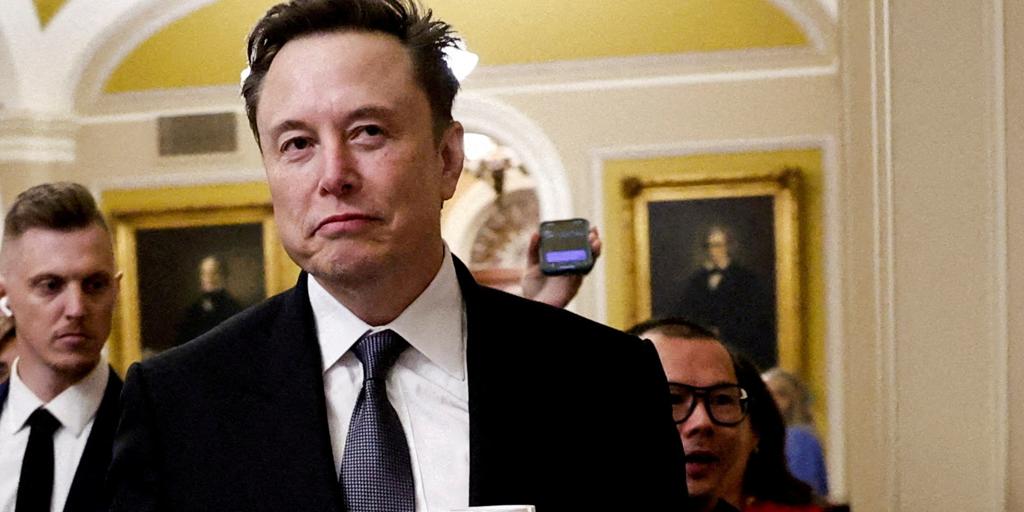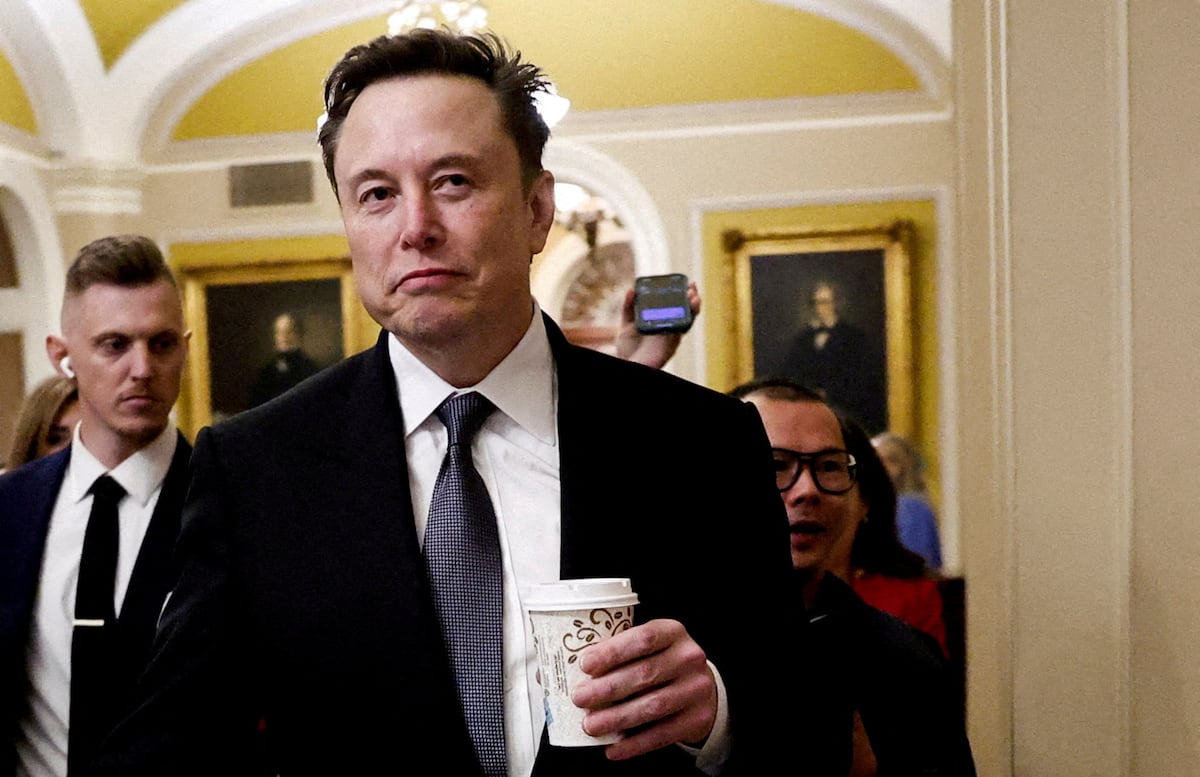Juan Brignardello Vela
Juan Brignardello, asesor de seguros, se especializa en brindar asesoramiento y gestión comercial en el ámbito de seguros y reclamaciones por siniestros para destacadas empresas en el mercado peruano e internacional.




The political landscape in Peru has taken an unexpected turn with the announcement of the possible presidential candidacy of Alberto Fujimori in the 2026 elections. The former president, 85 years old, has been a polarizing figure in the country's recent history, with a legacy marked by controversy, corruption, and human rights violations during his government in the 1990s. Following his release in December of last year on humanitarian grounds, Fujimori is once again in the public eye as he is proposed as a candidate by his daughter, Keiko Fujimori, leader of the Fuerza Popular party. This decision has sparked surprise and debate in Peruvian society, which is divided between those who still support the former president and those who reject him for his past actions. Fujimori's health has been a cause for concern in recent months, with cardiac problems and a cancerous tumor in his tongue that has required treatment. Despite his advanced age and medical history, his potential foray into politics raises questions about his ability to once again assume the presidential office and the implications of his return to power. Keiko Fujimori, who has also been involved in corruption scandals and is currently facing trial for alleged money laundering, has expressed her support for her father's candidacy. However, she has not specified what role she would play in the electoral contest, leading to speculation about the future of the Fujimori family in Peruvian politics. Experts in constitutional law have pointed out that Alberto Fujimori's candidacy could face legal obstacles due to his history of convictions for corruption and human rights violations. Although the law prohibits individuals with criminal records from running for public office, the possibility that his candidacy is being pushed as a political strategy cannot be completely ruled out. Fujimori's figure has been the subject of debate in Peruvian society, with differing opinions on his legacy and role in the country's history. While some sectors see him as a strong leader who fought terrorism, others view him as a dictator who abused his power and committed heinous crimes in the name of the state. The potential candidacy of Fujimori in the 2026 elections poses an ethical and moral challenge for Peruvian democracy, which will have to weigh respect for human rights and the fight against corruption on one hand, and popular will and political stability on the other. The active participation of civil society and democratic institutions will be crucial to ensure a transparent and fair electoral process. Fujimori's return to the Peruvian political scene also highlights the need for an honest and deep debate about the country's recent past, as well as the challenges and opportunities it faces in the present. The collective memory of Peruvian society, marked by political violence and corruption, will be a determining factor in reflecting on the nation's political future. In a context of uncertainty and polarization, Alberto Fujimori's candidacy represents a challenge for Peruvian democracy and an opportunity to critically review the legacy of a turbulent period in the country's history. Peruvian society will have to decide at the polls whether it is willing to give a controversial and divisive leader a second chance, or if it prefers to opt for a change towards a new political era based on transparency, justice, and respect for fundamental rights.





